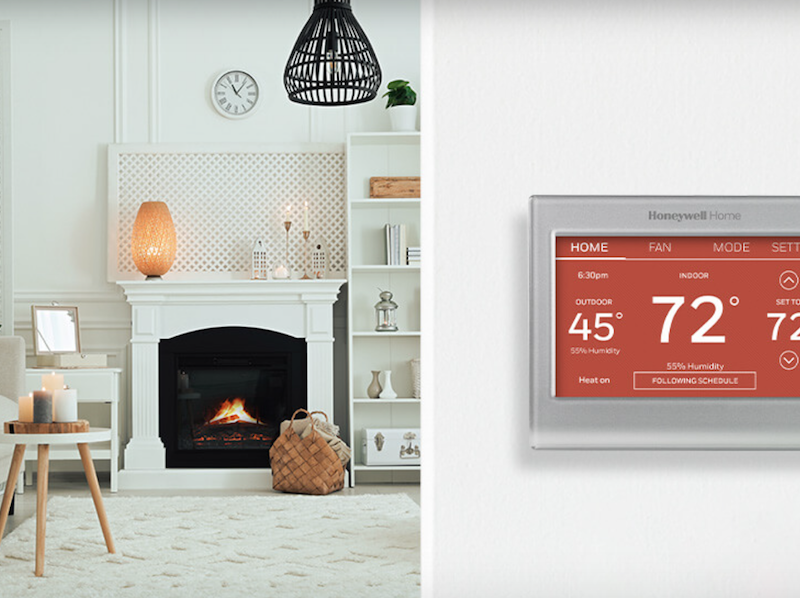Whether smart home technology can truly save a homeowner money is a question many homeowners ask. They ponder whether the investment of time and money to install smart home technology is worth it.
Having a smart thermostat automatically set back the set point on your heating and air conditioning when your home is not occupied will certainly save money. Similarly, making sure all the lights in your home are turned off when the home isn’t occupied will also save some money. But will these savings offset the cost of installing smart home technology in a home?
In late 2023, insurance provider Nationwide partnered with Resideo to offer U.S. homeowners smart home technology to help prevent unexpected damage that can take place in a home. Resideo is the parent company of ADI, Snap One, First Alert, and Honeywell Home. As part of this partnership, the companies analyzed the role that Resideo’s Honeywell Home and First Alert devices contributed to loss prevention for Nationwide’s customers. The study analyzed 3.6M policies and 86,000 smart home devices and reviewed insurance claims from fire (non-wildfire), water (including weather), liability, theft, and other non-weather events, including vandalism.
The results of the study were fairly dramatic. Customers with protective First Alert or Honeywell Home devices had fewer claims and a reduction in their average claim cost of $4,000. You might argue that the primary benefit is to the insurance company rather than the homeowner. However, the homeowner still has to pay their insurance deductible, and many people won’t submit smaller claims to their insurance company for fear of it raising insurance premium or causing their policy to be cancelled. So, there is a real financial savings for homeowners who invest in having smart home devices installed in their home.
Nationwide followed up this study with a 2024 survey of 1000 people in the U.S. The survey found that ownership of smart home technology has increased over the past year. Based on the survey, the 10 most popular smart home devices that people own are:
- Smart Video Doorbells – 42%
- Smart Home Security Cameras – 38%
- Smart Thermostats – 36%
- Smart Smoke/CO Sensors – 25%
- Smart Garage Door Openers – 21%
- Smart Home Appliances – 19%
- Smart Door Locks – 18%
- Smart Door/Window Sensors – 15%
- Smart Water Flow and Leak Sensors – 10%
- Smart Electrical Fire Hazard Sensors – 9%
- Smart Leak Sensors with Shutoff Valves – 7%
- Other Smart Home Product(s) – 10%
The top benefits that people stated for owning a smart home device is that it protects the user’s home (61%), provides the user with peace of mind (61%), and that smart home devices make the user’s home safer (59%). This aligns with the survey finding that 41% of respondents cited reduced anxiety as their reason for purchasing smart home products. Interestingly, despite the Nationwide/Resideo study finding that the frequency of insurance claims was reduced and that claims made by homeowners with smart home devices were $4000 lower, only 24% of respondents stated that they received a discount on their insurance premium for owning smart home devices.
Looking back at my original question of whether smart home devices can save money, the Nationwide/Resideo study clearly shows that smart devices that protect and enhance the safety of a user’s home will save money. In addition, smart devices can provide peace of mind and reduced anxiety.






![ecobee premium airzone control The ecobee Smart Thermostat Premium. [Photo credit | ecobee]](https://restechtoday.com/wp-content/uploads/2025/06/ecobee-premium.jpg)
![Hub 3_02 The SwitchBot Hub 3 provides a user-friendly solution to the growing complexity of modern smart homes. [Photo credit | SwitchBot]](https://restechtoday.com/wp-content/uploads/2025/06/Hub-3_02-scaled-e1750179791687.png)
